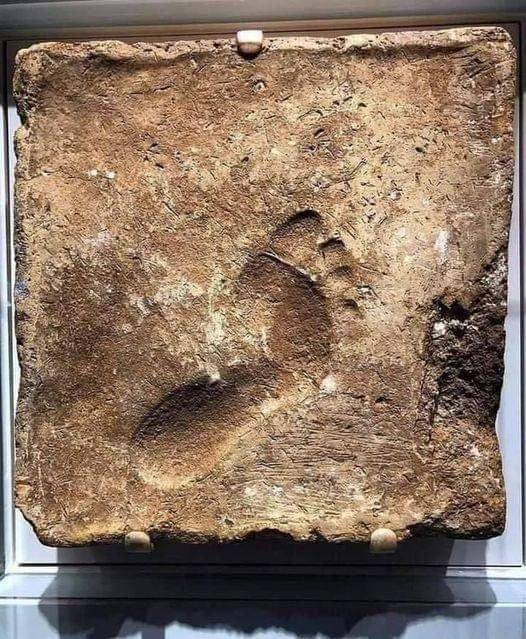The universe is vast, and the question of whether we are alone in it has captivated humanity for centuries. While we've yet to find conclusive evidence of extraterrestrial life, one intriguing theory, known as the "zoo hypothesis," posits that aliens may be out there but intentionally avoiding contact with Earth. In this blog post, we will explore the zoo hypothesis, its origins, supporting arguments, and the enduring mystery it presents in our quest to understand the cosmos.
The Zoo Hypothesis Unveiled

The zoo hypothesis, a term coined by MIT radio astronomer John A. Ball in 1973, offers an alternative perspective on the "Fermi paradox," which questions why, given the vast number of potentially habitable planets in the universe, we have not yet detected any extraterrestrial civilizations. The zoo hypothesis suggests that advanced alien civilizations are indeed aware of Earth's existence but have chosen not to make direct contact.
Observation from Afar

According to the zoo hypothesis, Earth is akin to a cosmic wildlife reserve, and humans are the unaware inhabitants of this grand "zoo." Advanced extraterrestrial civilizations may be watching our planet, studying our development, and cataloging the myriad forms of life on Earth. They observe without interference, allowing natural evolution to take its course.
Arguments Supporting the Zoo Hypothesis

Non-Interference: Proponents of the zoo hypothesis argue that advanced civilizations might have adopted a strict policy of non-interference to avoid disrupting Earth's natural development.
Prime Directive: This idea mirrors the fictional "Prime Directive" from Star Trek, in which advanced civilizations refrain from interfering with the development of less advanced cultures.
Testing Our Resolve: The zoo hypothesis suggests that observing Earth from afar allows extraterrestrial beings to assess how we handle societal and environmental challenges without direct interference.
Human-Initiated Contact: Some proponents argue that if contact is to occur, it should be initiated by humans rather than imposed upon us, preserving our autonomy.
The Mystery Endures
The zoo hypothesis raises fascinating questions about the motives and actions of potential extraterrestrial civilizations. It continues to intrigue and perplex astronomers, astrobiologists, and enthusiasts alike. While it provides a possible explanation for the Fermi paradox, it also adds layers of complexity to the age-old question of our place in the universe.
What If the Zoo Hypothesis Is True?

If the zoo hypothesis is accurate, it suggests that we may indeed be part of a grand cosmic experiment or a carefully observed celestial menagerie. The idea that we are continually watched by alien civilizations is both awe-inspiring and unnerving, as it raises questions about our responsibilities to our planet and the broader cosmos.
Conclusion: Peering Beyond the Stars

The zoo hypothesis is a thought-provoking concept that invites us to consider the possibility that we are not alone in the universe, and that we are being observed by advanced alien civilizations. As we continue to explore the cosmos and search for signs of extraterrestrial life, we must remain open to various hypotheses, each offering unique perspectives on our place in the universe. The zoo hypothesis, with its aura of mystery and intrigue, challenges us to keep peering beyond the stars, searching for answers to the age-old question: Are we alone?






